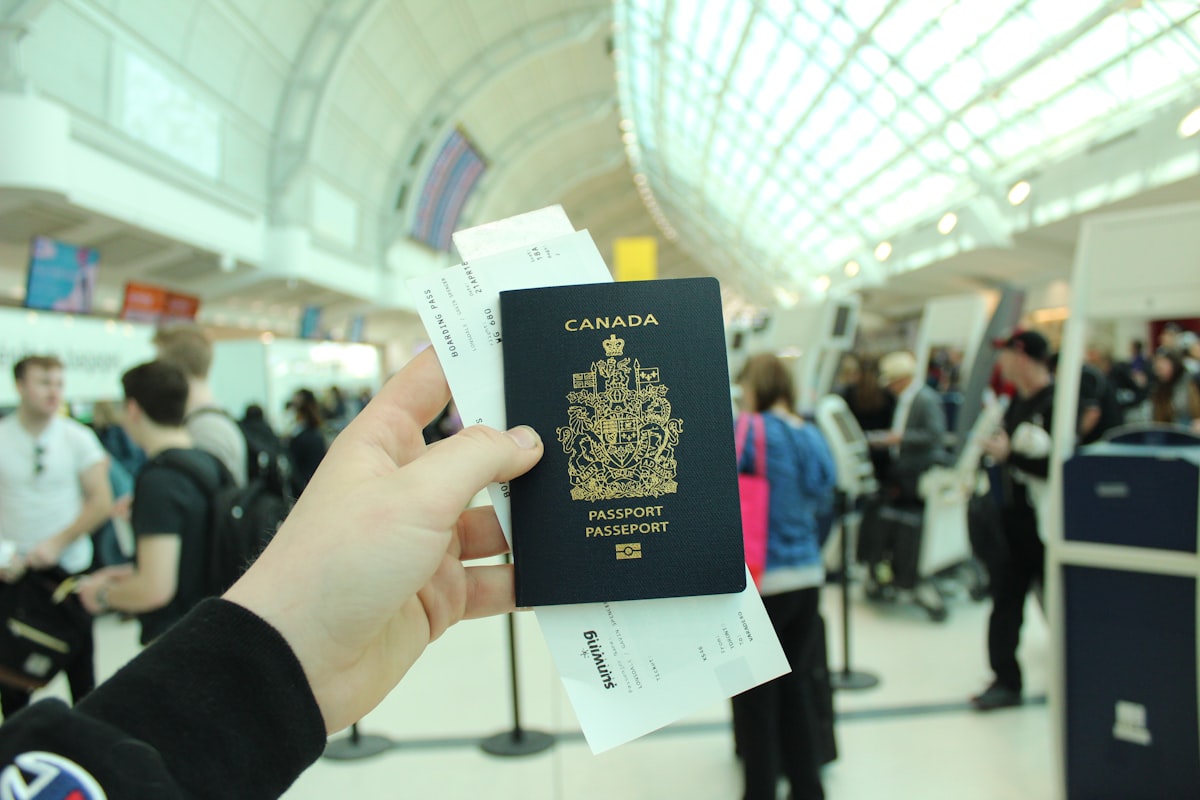How to Apply for a SIN Number in Canada for International Students

Table of Contents

International students studying in Canada are required to obtain a Social Insurance Number (SIN). A SIN is a unique nine-digit number issued by the Government of Canada that enables individuals to work legally, access government benefits, and file taxes. In this blog post, we will guide international students through the process of applying for a SIN number in Canada.
Determine Eligibility:
Before applying for a SIN number, international students must ensure they are eligible. To be eligible, you must have a valid study permit and be enrolled in a designated learning institution (DLI) in Canada. It’s important to note that you can only apply for a SIN once you have arrived in Canada.
Gather Required Documents:
To apply for a SIN number, you will need to gather specific documents. These typically include: a. Valid passport or travel document b. Study permit issued by Immigration, Refugees and Citizenship Canada (IRCC) c. Letter of acceptance from your DLI d. Proof of employment eligibility (if applicable)
Locate the Nearest Service Canada Centre:
Service Canada is responsible for issuing SIN numbers. Use their website or call their toll-free number to find the nearest Service Canada Centre where you can apply for your SIN. It’s advisable to make an appointment in advance to avoid long wait times.
Complete the Application Form:
Upon arriving at the Service Canada Centre, you will be provided with an application form. Complete the form accurately and make sure to provide all the necessary information. If you have any questions or need assistance, the staff at the centre will be available to help you.
Official link: https://www.canada.ca/en/employment-social-development/services/sin/apply.html
Submit the Application:
After completing the application form, submit it along with the required documents. The original documents will be returned to you once they are verified. The staff will review your application and ensure everything is in order.
Receive Your SIN:
Once your application is approved, you will be issued a SIN number. It’s essential to keep your SIN number safe and confidential. Memorize it or store it in a secure location. Your SIN will be used for various purposes, including employment, tax filing, and accessing government services.
Update Your Employer or University:
If you have already secured employment or are enrolled at a university, make sure to provide your SIN number to your employer or educational institution as soon as possible. They require this information for payroll purposes or issuing relevant documents.
Conclusion:
Obtaining a SIN number is an important step for international students studying in Canada. By following the steps outlined in this blog post, you can successfully apply for a SIN number and ensure compliance with Canadian regulations. Remember to gather the required documents, visit a Service Canada Centre, complete the application form accurately, and keep your SIN number secure. With your SIN number in hand, you can navigate employment opportunities, access benefits, and fulfill your obligations as an international student in Canada.















